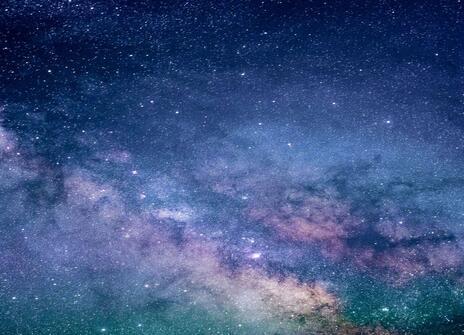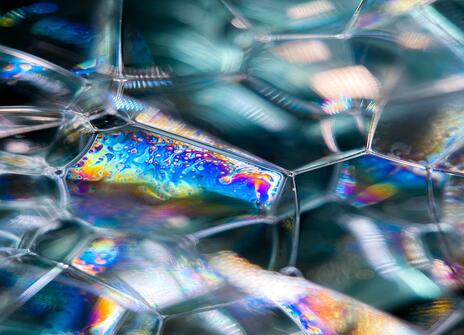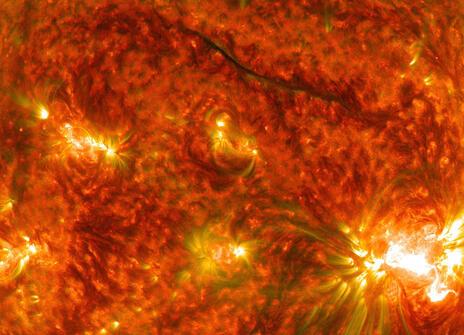Our current theory of particle physics, the Standard Model, predicts equal numbers of electrons and muons, but the results showed fewer muons being produced than electrons. Is this just a cruel trick of the data, or could this be the first sign of a new force of nature?
Watch the Q&A: https://youtu.be/DoTSICEUm90
At the end of March 2021, scientists working on the LHCb experiment at CERN in Geneva reported an unusual discrepancy in their data that caused huge excitement in the physics community and beyond. They looked at a decade of information about how unstable particles called B mesons decayed into electrons and muons.
Paula Alvarez Cartelle is a particle physicist at the University of Cambridge working on the LHCb experiment, one of the four big experiments studying the data from the most powerful particle accelerator in the world, the Large Hadron Collider at CERN. She study very rare decays of particles containing b-quarks, with the aim to find the missing pieces that would help us understand some of the open questions in fundamental physics.
Harry Cliff is a particle physicist at the University of Cambridge who, like Paula, works on the LHCb experiment studying the rare decays of beauty quarks. He also spends a big chunk of his time sharing his love of physics with the public through exhibitions and public lectures. His first popular science book, How To Make An Apple Pie From Scratch, will be published in August 2021.
Ben Allanach is Professor of Theoretical Physics at the University of Cambridge, in the Theoretical High Energy Particle Physics Group. Ben works mostly on collider searches for new physics with other members of the Cambridge Pheno Working Group especially at CERN's Large Hadron Collider. He worked at CERN in the early 2000s and goes back often, having Visiting Scientist status there.
This talk was recorded on 6 May 2021
---
A very special thank you to our Patreon supporters who help make these videos happen, especially:
Ivo Danihelka, Hamza, Paulina Barren, Metzger, Kevin Winoto, Jonathan Killin, János Fekete, Mehdi Razavi, Mark Barden, Taylor Hornby, Rasiel Suarez, Stephan Giersche, William 'Billy' Robillard, Scott Edwardsen, Jeffrey Schweitzer, Gou Ranon, Christina Baum, Frances Dunne, jonas.app, Tim Karr, Adam Leos, Michelle J. Zamarron, Andrew Downing, Fairleigh McGill, Alan Latteri, David Crowner, Matt Townsend, Anonymous, Roger Shaw, Robert Reinecke, Paul Brown, Lasse T. Stendan, David Schick, Joe Godenzi, Dave Ostler, Osian Gwyn Williams, David Lindo, Roger Baker, Greg Nagel, and Rebecca Pan.
---
Subscribe for regular science videos: http://bit.ly/RiSubscRibe
The Ri is on Patreon: https://www.patreon.com/TheRoyalInstitution
and Twitter: http://twitter.com/ri_science
and Facebook: http://www.facebook.com/royalinstitution
and Tumblr: http://ri-science.tumblr.com/
Our editorial policy: http://www.rigb.org/home/editorial-policy
Subscribe for the latest science videos: http://bit.ly/RiNewsletter
Product links on this page may be affiliate links which means it won't cost you any extra but we may earn a small commission if you decide to purchase through the link.



